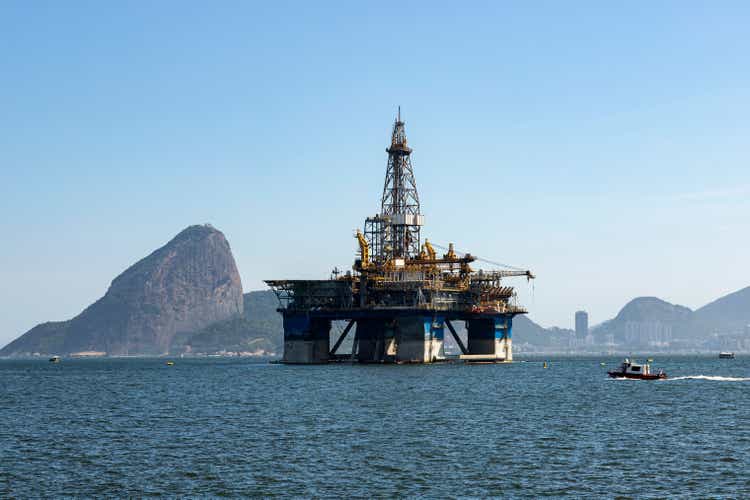My most fervent wish about India is that all Indians have the chance of a life worth living. It is not in doubt that India will become the world’s third largest economy before the decade is over. But to join the ranks of developed nations by our 100th year of Independence, we will need to increase the productivity of our human capital and better use our domestic capital. I have often talked about the need to invest handsomely in our soft infrastructure; however, the focus of this piece is on giving some freedom to our entrepreneurs in the use of domestic capital.

There is a lot of talk around domestic capital formation and disappointment that the savings rate has come down below 30%. There is also discussion around improving the liquidity and depth in our bond markets. However, there is not much discussion on how the capex cycle really runs in India and what is needed to give it a boost. Arguing a sui generis case for India in the face of established theory is always a lonely path, but one that I will embark on in this piece.
The Indian economy is very different in its structure from the economies of the United States (US) and United Kingdom (UK) on multiple dimensions – in the stage of development, in the depth and liquidity of equity markets, and in the importance of family owned and managed businesses. India is a bank-led economy. Savings are intermediated through banks. Equity participation is very low. If we go to rural areas, the highest form of savings is in land, followed by gold. Financial savings are deposits mostly in nationalised banks. Countries such as Japan and even Europe are more akin to us, than the US and UK. This said, the US and UK have had the largest impact on our financial regulations.
At Independence, there were many in the UK that expected us to implode. In fact, the need for bank nationalisation in 1969 was part recognition that no foreign commercial capital was available to India. We needed to find our own resources within India. Bank nationalisation helped give confidence to depositors. Rapid rural branch opening helped garner their deposits. Bank branches more than doubled from 8,000 to 18,730 – as rural and semi- urban branches increased to 12,405. By 1990, India had almost 60,000 branches, of which 46,115 were in rural and semi-urban areas, raising ₹3,14,823 crore in bank deposits.
The deposits raised were invested in national priorities by mandating the banks to buy approved government securities to meet the statutory liquidity ratio (SLR) which was set at 35%. Cash reserve ratio, the deposits banks held with Reserve Bank of India (RBI), was set at 15%. Thus, 50% of bank deposits raised were impounded. The residual assets were also directed. Defined priority sectors got 40% of advances and corporate credit was largely allocated through the credit authorisation scheme run by RBI. Project finance was provided by development finance institutions that had access to concessional liabilities from RBI. Retail credit was barely available. Clearly, the structure of a capital-starved economy.
Entrepreneurship was either through the State or through family-owned and managed businesses. This largely remains the structure today (except for recent startups) with more than 300 of the top 500 Indian companies being family-owned. Most micro, small and medium enterprises (MSMEs) are also family-owned. It is true that prior to the reforms in 1992, the promoter had enormous fungibility in the use of a company’s capital. This led, at times, to a misappropriation of capital for private gain, by some less scrupulous business groups (without even a majority stake). However, history also shows us that because of this flexibility in the use of company funds, a Tata Steel could start Tata Motors, or a Tata Industries could start Titan. The same was true of other industrial conglomerates.
The International Monetary Fund-influenced reforms of 1992 insisted on much greater tightening of these rules in line with US best practice and at the behest of foreign financial institutions. The use of company capital became much more restrictive than before. This trend continues to accelerate, inspired by economies that are equity led and at a different stage of development. As a result, we are now very protective of the interests of minority shareholders. Foreign investors, especially from the West, inhibit capital investments in other businesses by asset-rich and liquidity poor promoters. The investors from the Middle East and Far East understand conglomerates better. In the early 20th century, the prevailing orthodoxy in the US was also different from what our entrepreneurs experience today.
Our regulations are increasingly restrictive and prescriptive, and create an enormous compliance load. We must question whether rules are needed on market rumours in social media, and why the public needs to know family arrangements. By and large, Indian companies have been the engines of India’s growth, they have provided jobs and been considerate employers. If some misuse funds for private gains, we should prosecute them. But our regulatory structure should not be created for thieves, it should be created for wealth-creating industrialists. We should not be crimping our own entrepreneurship, not at this time.
We need to recognise that all countries grow on the back of domestic capital augmented by foreign capital, not the other way round. The finance minister was on point in her budget this year, asking for a comprehensive review of our financial regulations with public and regulated entity participation. The announcement could not have come a day too soon.
Janmejaya Sinha is India chairman, Boston Consulting Group. The views expressed are personal















